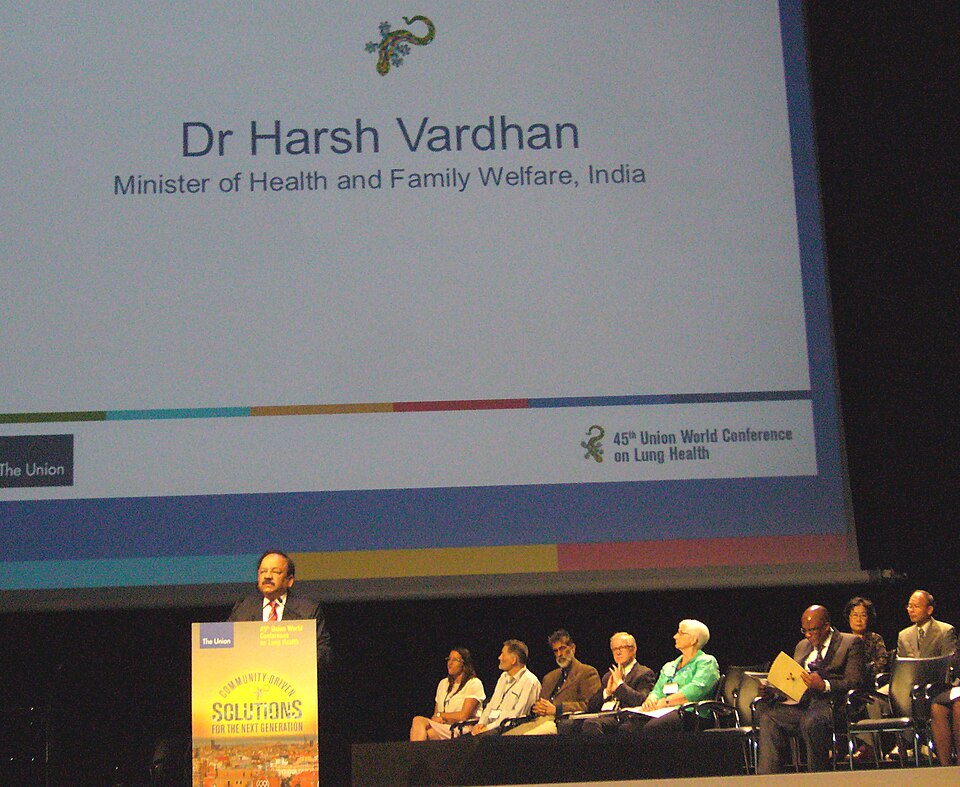New Research Links Phytosterols to Lower Diabetes and Heart Disease Risk

A recent study presented at the American Society for Nutrition meeting in Orlando highlights the potential of phytosterols—naturally occurring compounds found in plant-based foods—to significantly reduce the risk of heart disease and type 2 diabetes. The research analyzed dietary data from over 200,000 adults in the United States, revealing that higher phytosterol intake correlates with a 9% reduction in heart disease risk and an 8% decrease in the likelihood of developing type 2 diabetes.
Phytosterols, which are found in foods such as nuts, seeds, legumes, and whole grains, have been shown to improve cholesterol levels and metabolic health. According to Dr. Sarah Johnson, Professor of Nutrition at Stanford University, "The findings underscore the importance of dietary choices in managing chronic health conditions, particularly for populations at risk for these diseases."
To conduct this extensive study, researchers utilized data from three major cohorts, tracking health and dietary habits over a follow-up period of up to 36 years. Participants completed food-frequency questionnaires that estimated their phytosterol intake and provided biological samples to analyze metabolic health indicators. Blood samples from over 11,000 participants were specifically examined for markers related to insulin regulation and inflammation, key factors in heart disease and diabetes.
The study discovered that individuals in the highest quintile of phytosterol consumption exhibited favorable changes in metabolic markers, including improved insulin regulation and reduced inflammation. Moreover, researchers found a connection between phytosterol intake and beneficial changes in gut microbiota. For instance, certain gut bacteria species, such as Faecalibacterium prausnitzii, were positively associated with higher phytosterol intake.
Despite these promising results, the study has inherent limitations. As an observational study, it cannot definitively establish a cause-and-effect relationship between phytosterol consumption and disease risk. Furthermore, the majority of participants were health professionals, which may limit the generalizability of the findings to the broader population. Dietary data was self-reported, introducing potential inaccuracies, and the study has yet to be published in a peer-reviewed journal.
Nevertheless, the implications for public health are significant. Dr. Annie Nguyen, a registered dietitian and researcher at the University of Oklahoma, notes, "Incorporating phytosterol-rich foods into one's diet is a practical approach to reducing the risk of chronic diseases. Simple changes, such as adding more nuts and seeds or opting for whole grains, can have a lasting impact on health."
Overall, this study reinforces the critical role of diet in preventing chronic conditions prevalent in the United States. With heart disease and diabetes affecting millions, the findings suggest that increasing phytosterol intake may offer a straightforward strategy for enhancing metabolic health and reducing disease risk. As research continues, the health community anticipates further exploration into the mechanisms by which phytosterols influence health outcomes.
Advertisement
Tags
Advertisement





